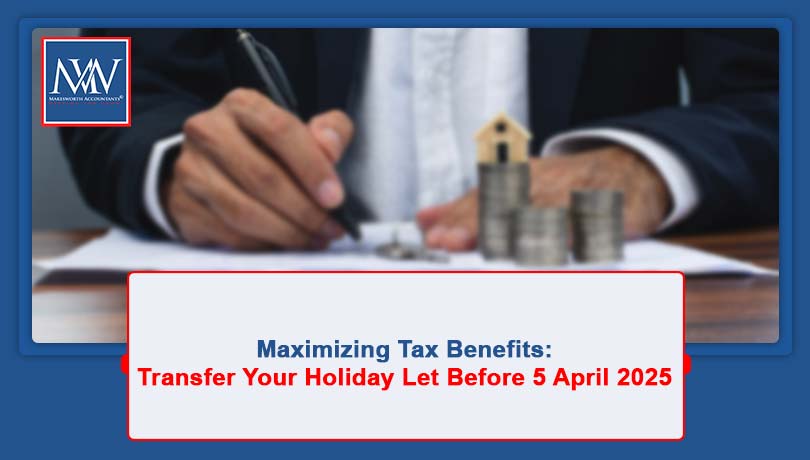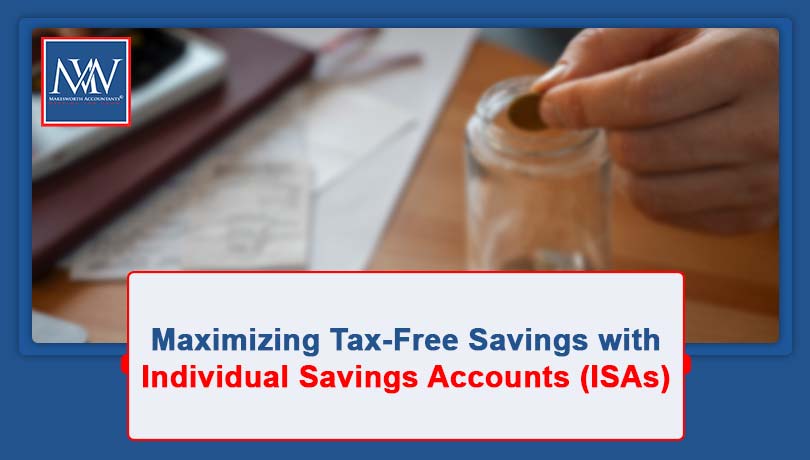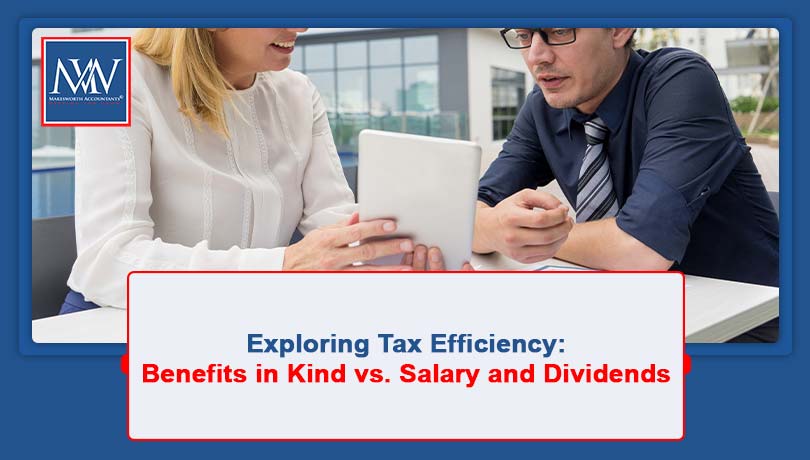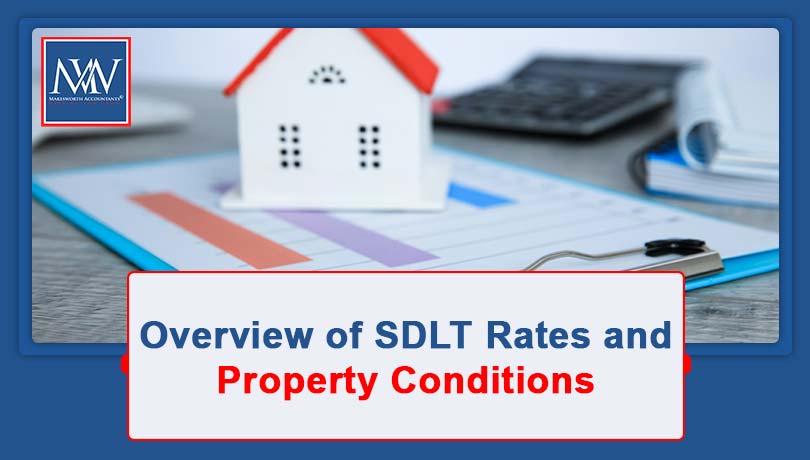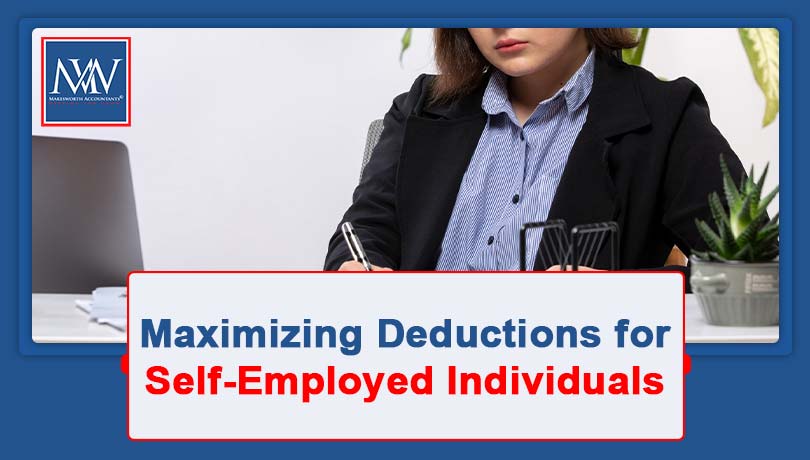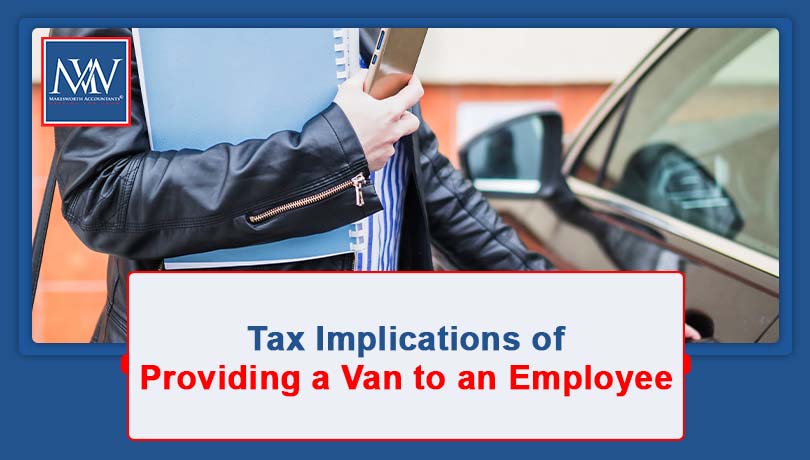Maximizing Tax Benefits: Transfer Your Holiday Let Before 5 April 2025
The advantageous tax regime for furnished holiday lettings (FHLs) is set to end on 5 April 2025. After this date, landlords of FHLs will lose access to valuable capital gains tax (CGT) reliefs, including gift hold-over relief. If you’re considering passing on your holiday leave, acting before the deadline could save you significant tax liabilities.
Learn More


